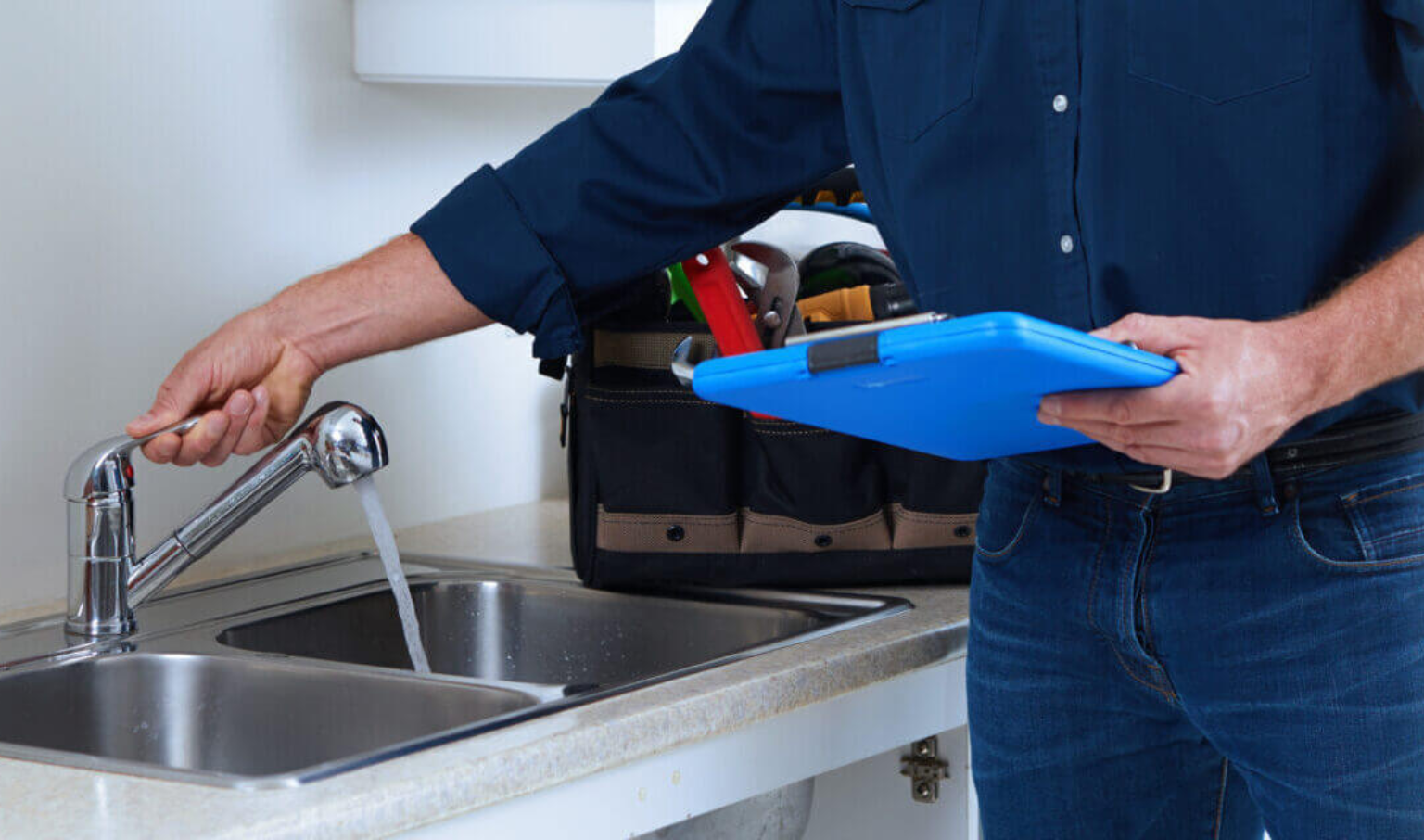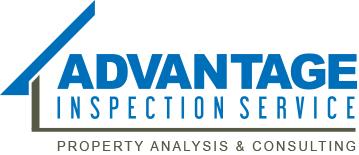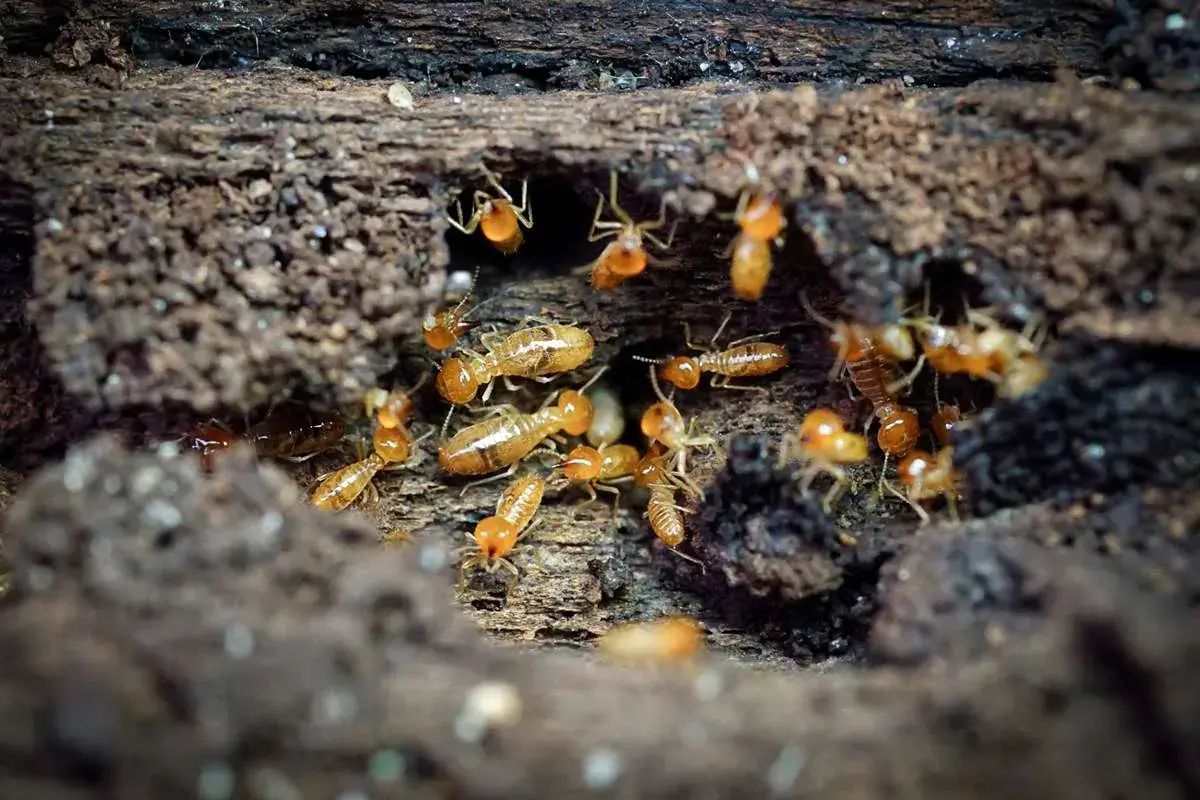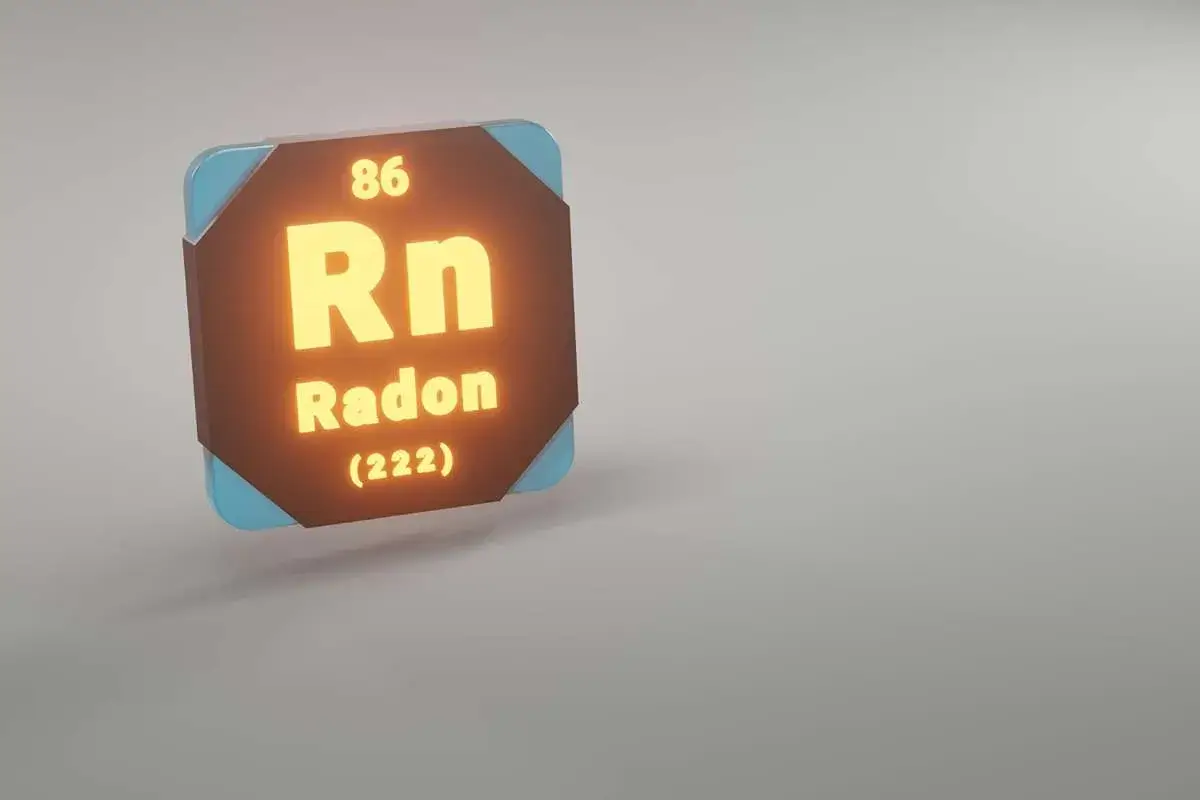When people think about home safety, they often picture locks on doors or smoke detectors…

The Why and How of Plumbing Inspections
Water leaks. Dripping faucets. Blocked or frozen pipes. Or sump pump failures.
There’s more you’ll have to deal with a poor plumbing system.
It’s easy to take your pipes and fixtures for granted unless there are visible leaks or signs of plumbing damage. Even your brand-new plumbing system can put you in a dicey situation. That’s where plumbing inspections come in.
A plumbing inspection for home purchase covers the examination of your home’s water supply lines, drains, vents, fixtures like sinks and toilets, water heating equipment, and more. Your chosen professional inspectors will identify any issues, even minor ones before they turn into big problems. From preventing costly repairs to saving your home’s value, plumbing inspections are completely for your good.
Advantage Inspection Service brings you this blog so you can learn why plumbing inspections are so important. We’ll also touch upon different types of plumbing inspections so you know what to choose.
So, let’s get started with discussing.
Types of Plumbing Inspections
When it’s time to get a plumbing inspection for your home, you’ll find there are a couple of different types to choose from. Once you understand your options, you can decide which type suits your needs and budget.
So, there are two main categories you can consider for your plumbing inspections. Let’s see how they work.
Visual Inspection
This is the most basic and affordable type of plumbing inspection for home purchase. The professional inspector will visually examine the easily accessible parts of your plumbing system. This may include looking at fixtures like faucets, showerheads, and toilets. They will also examine the water supply lines and shut-off valves. Visual plumbing inspections also cover examining the water heaters, supply, drain, and vent pipes.
Your inspector will also check your system for leaks, corrosion, cracks, clogs, and other obvious issues. This type of inspection can identify many problems. But it is limited to only what can be directly seen.
Camera Inspection
If you want to go for a more thorough investigation of your plumbing system, we recommend choosing a camera inspection. It’s also called a video inspection for the fact that it captures videos of your plumbing system. The inspectors insert a small waterproof camera with a flexible cable to look inside the drain pipes or plumbing systems.
The camera gets into drain openings and twists through the pipes. A high-quality video feed allows the plumbing inspector to closely examine the interior pipes for different issues. They look for clogs, blockages, cracks, roots, and other damage. They also identify any improper slopes that prevent good drainage.
The video lets the plumbing inspector examine the pipes that otherwise can’t be seen. That’s how useful camera plumbing inspections are for finding hidden issues in walls or underground pipes. Although they provide more details, they can usually cost more than a basic visual inspection.
Why Should You Consider a Plumbing Inspection for Home Purchase
Don’t skip the plumbing inspection as you buy a house. Plumbing issues can be a dealbreaker for your home deal. And what if you discover them after purchase? That would be an extra expense to spend on.
That’s why a plumbing inspection for home purchase is so important. A professional inspection provides you with important insights into your upcoming home’s plumbing work. Only a thorough inspection can uncover existing or potential problems beforehand. Giving you leverage to negotiate repairs or walk away.
After this inspection, you’ll know exactly what you’re getting into plumbing-wise.
So here’s the tip.
See these key reasons why you must consider a plumbing inspection before you decide to move away from it.
Identify Existing Issues
The plumbing inspectors will check your water supply and sewer systems for any signs of leaks, corrosion, clogs, and other problems. When you know about defects ahead of time, you can prevent nasty surprises down the road.
Evaluate the Condition of Pipes and Fixtures
A comprehensive plumbing inspection involves scrutinizing the pipes, supply valves, drains, faucets, and fixtures. The inspectors will verify the condition and operations of these plumbing elements. And they also reveal any worn or damaged elements that need to be replaced urgently.
Check Water Pressure and Flow
The plumbing inspectors will assess the adequate water pressure and volume. Your home’s water service could have troubles like undersized pipes.
Inspect for Water Damage
The inspectors will search for water stains or rotting, which is a clear sign of leaks or water damage. If you catch this early, you can save on repetitive or costly repair needs.
Assess the Water Heater
Your water heater is not spared during the plumbing inspections. The inspectors will examine the age, capacity, venting, and signs of corrosion or leakage of your water heater. Once you know when you need a replacement, it will untimely avoid failures.
Understand the Sewer System
The plumbing inspectors will examine your sewer system including wastewater pipes, sewer connections, and septic tanks – if present. This heads off your pricey sewer headaches.
Negotiation Power
The inspection report gives you leverage to request fixes or a lower sale price. This protects you from ending up with an unsafe, dysfunctional plumbing system.
In a Nutshell
When it comes to home plumbing, the old adage “out of sight, out of mind” can apply. But it leads to many unexpected problems. Without regular plumbing inspections, small leaks can turn into massive water damage and repairs. Different issues like clogs and corrosion can slowly restrict water flow until fixtures barely work. These unnoticed issues can put your safety at risk.
We suggest not to take plumbing for granted. Schedule your professional plumbing inspection for home purchase to keep its water supply and waste systems running smoothly. A certified and well-trained inspector can spot trouble early on. They also suggest repairs before problems get expensive and disruptive.
This blog was a comprehensive guide to the why and how of plumbing inspections. From the types to benefits, we covered everything. Scroll through our blog section to read more on inspections.



